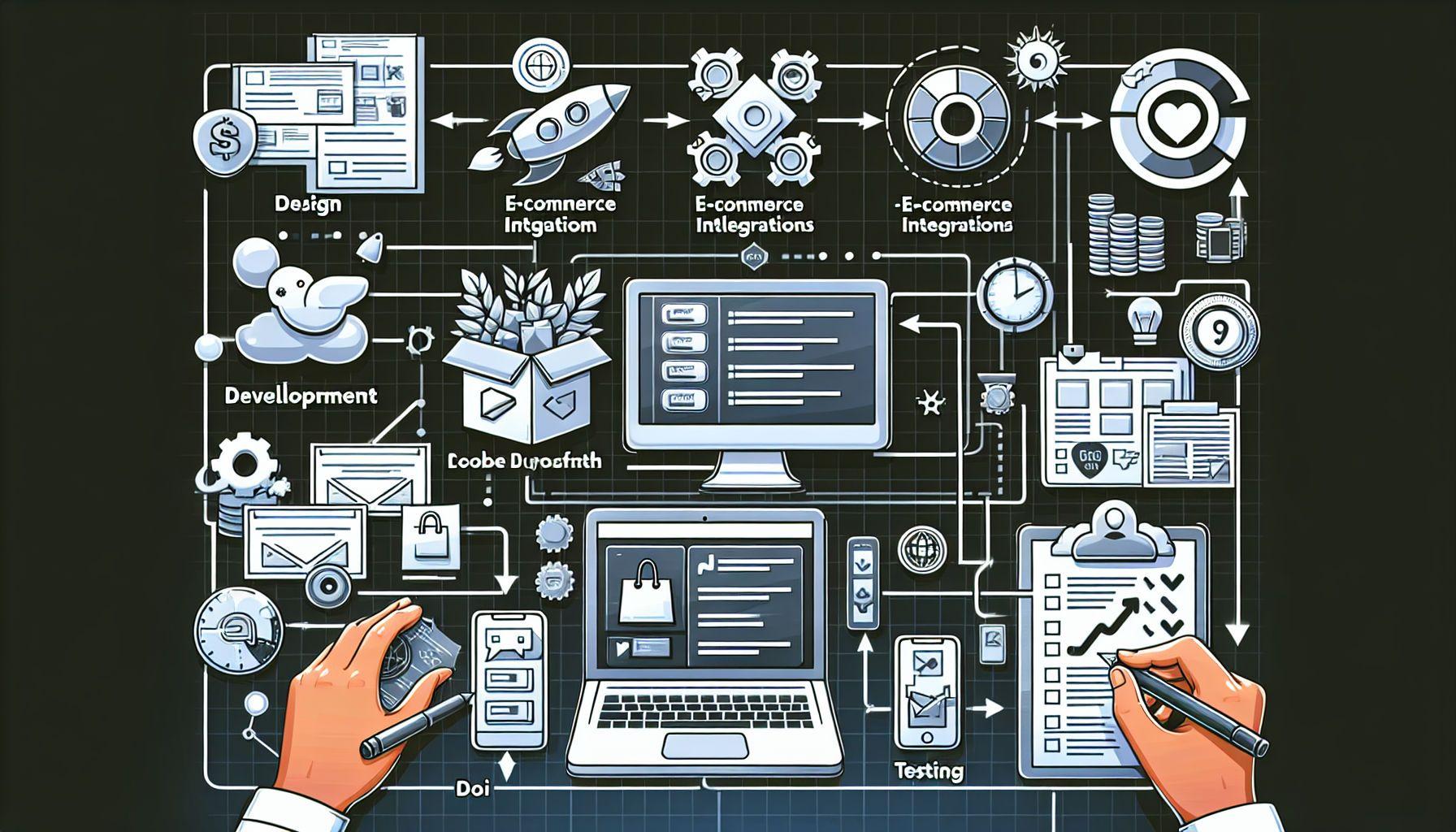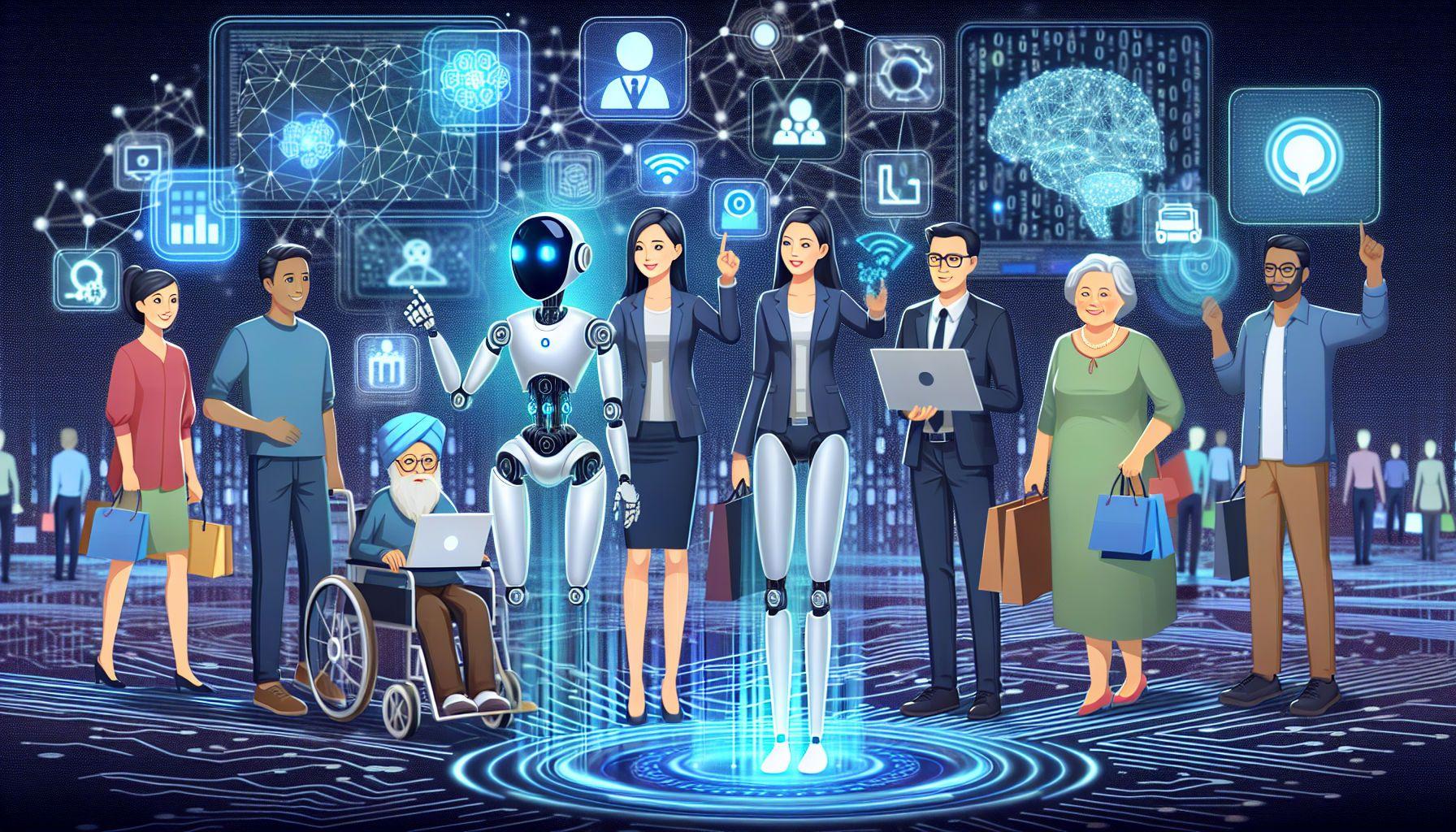How Major Events (Championships, Festivals) Influence Digital Advertising
November 6, 2024
•
6 minutes

Content
Major events such as sports championships and cultural festivals have a significant impact on digital advertising, creating unique opportunities for brands. During these events, audience activity increases dramatically, and competition for user attention intensifies. To stand out effectively, brands must adapt their advertising strategies to the specifics of major events.
1. Large audiences and increased traffic
Major events like the Olympic Games or the Champions League final attract huge audiences both online and offline. These events drive massive traffic growth on popular platforms such as YouTube, TikTok, and Instagram. For brands, this presents an excellent opportunity for targeted advertising that reaches the right audience at the right moment.
For example, during Olympic broadcasts, a sportswear brand can run YouTube ads featuring moments of athletic achievement to inspire viewers. This approach boosts sales by immersing the audience in the excitement of the sporting event.
During major events, companies actively use branded hashtags and launch special campaigns to capture attention. Hashtags such as #FootballInspiration or #MusicUnites allow brands to integrate their messages into trending discussions and increase engagement.
For instance, Adidas launched the #CreateYourGame campaign during the FIFA World Cup, encouraging users to create unique content featuring their products. Users actively shared photos and videos with the hashtag, significantly increasing organic reach and attracting new followers interested in the brand.
3. Adapting to audience interests during events
Major events influence user behavior, requiring flexibility in advertising approaches. Brands can adjust strategies in real time to keep content relevant and engaging.
For example, during music festivals, fashion brands can tap into trends by promoting festival-ready outfits. Levi’s leverages such events by showcasing denim collections worn by stars and influencers on social media, strengthening brand visibility and driving seasonal sales.
4. Special offers and event-driven discounts
During major events, brands often launch limited-time promotions — discounts on event-themed collections, free shipping, or bonus offers. For instance, during sports championships, brands like Nike and Puma offer discounts on sports collections inspired by the games to encourage purchases.
During Black Friday, which often coincides with major sports events, platforms like Amazon offer discounts on sports gear and accessories. This draws the attention of audiences looking to shop for event-related products.
5. Collaborations with influencers and bloggers
Partnering with influencers amplifies advertising impact during major events. Brands enlist opinion leaders to cover events and promote products to their followers. For example, Coca-Cola collaborates with popular bloggers during festivals like Coachella to promote its beverages and associate the brand with youth culture.
This approach creates relatable content for audiences and strengthens brand loyalty, as influencers share positive experiences associated with both the event and the product.
Conclusion
Major events such as sports championships and cultural festivals offer brands unique opportunities for promotion. By leveraging branded hashtags, influencer partnerships, event-driven ads, and special offers, brands can create memorable experiences for audiences. This strategy helps them stand out in a competitive environment and attract loyal customers during major events.
Keywords: digital advertising at sports events, event hashtags, seasonal brand promotions, influencer collaborations, online sales during events, social media campaigns, audience engagement through events.
Recent posts








